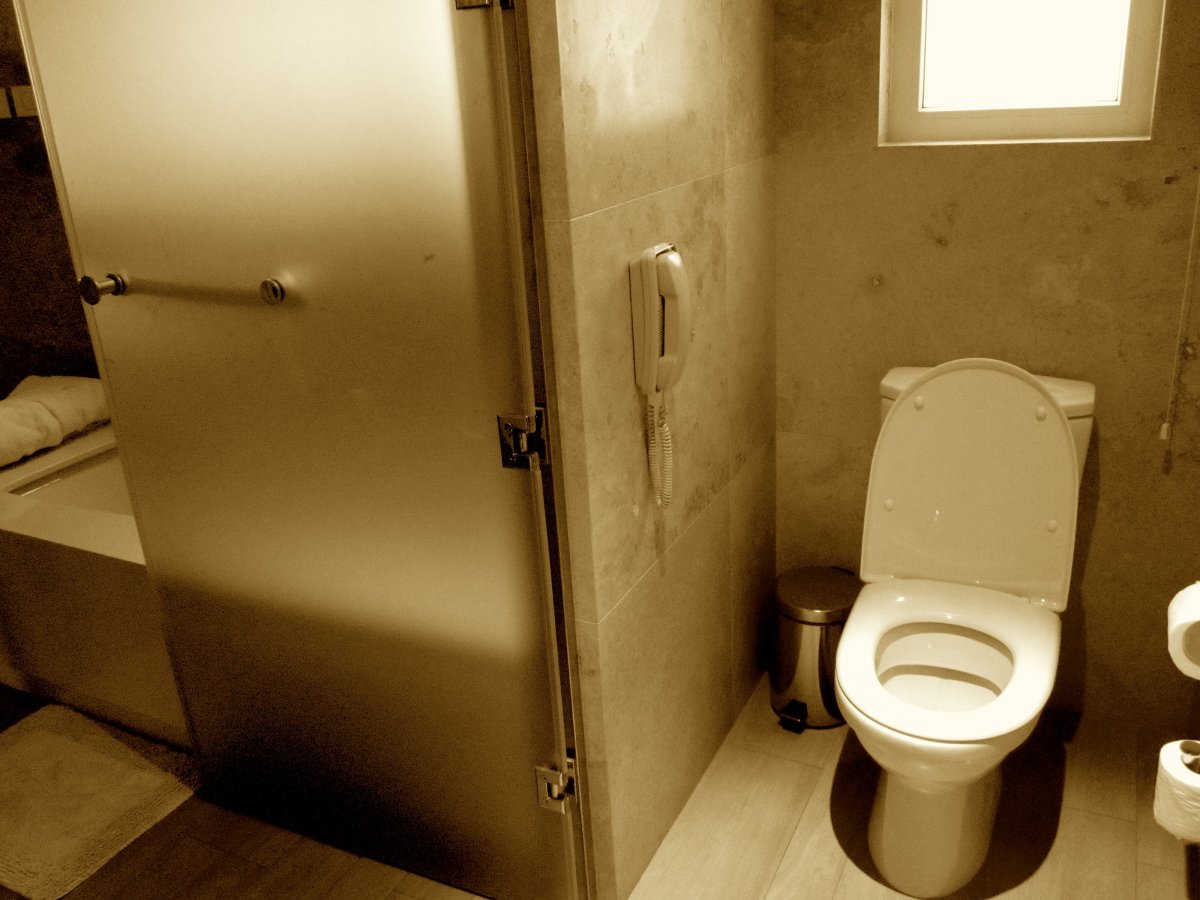I recently read a powerful op-ed piece in The New York Times written by a woman who helped a sick friend in a non-traditional way. When his debilitating ulcerative colitis wasn’t getting better from drug therapy, she donated her healthy feces to be implanted in him multiple times. The procedures worked, easing the persistent bleeding and diarrhea he had been experiencing.

I know – not the most pleasant of topics, but fecal transplants are an exciting area of research that have the potential to help a lot of sick people at a low cost. The procedure, in simple terms? Implanting healthy poop blended with saline solution into a person’s colon as a way of re-populating their gut with good bacteria. While the procedure is still considered “investigational” in both Canada and the U.S., there are a growing number of medical professionals who believe it’s an effective treatment, particularly for patients with a Clostridium difficile (C. diff) infection (more details in this recent Maclean’s article on the topic).
There are also cautious but promising reports – as recapped in The New York Times piece – of people performing their own fecal transplants when they can’t find a doctor to do it for them. And although it poses risks and (important!) still requires medical consultation, the idea of taking action when antibiotics aren’t cutting it is gaining traction (it’s echoed in the food-plus-vitamins-as-medicine message presented in the documentary Food Matters). Desperate times call for inventive measures.
- ‘Super lice’ are becoming more resistant to chemical shampoos. What to use instead
- Solar eclipse eye damage: More than 160 cases reported in Ontario, Quebec
- 3 women diagnosed with HIV after ‘vampire facials’ at unlicensed U.S. spa
- Canadian man dies during Texas Ironman event. His widow wants answers as to why
A 2010 study published in Clinical Gastroenterology and Hepatology followed seven C. diff patients who were willing to perform self- or family-administered fecal transplants. They’d all been on antibiotics to control C. diff, which worked until their doses were lowered or stopped. The donors were screened beforehand with blood and fecal tests, and the recipients given instructions (which involved saline solution, a blender and an enema bag kit) to undergo their DIY transplants. The conclusion? The at-home treatments were reported as being “well tolerated and efficacious” among the sick individuals. “Making this approach available in health care settings has the potential to dramatically increase the number of patients who could benefit from this therapy,” the study concluded.
So why are fecal transplants relatively unknown to the general public? Because doctors can’t perform them here without a clinical trial, it’s usually not presented as an option. The other obstacle, of course, is that many people don’t want to have an intimate relationship with their own poop, let alone someone else’s. But grossness aside, fecal transplants are something that can treat illness (notably inflammatory bowel conditions), reduce antibiotic dependence and save lives.
That’s worth more open-minded investigation and discussion, don’t you think?
Always consult your physician before starting a new diet, exercise or medical program.




Comments